Ethiopia
Ethnic clashes killed 11 people this week in Ethiopia’s Oromia region, a regional government official said on Sunday, the latest unrest in a province that was wracked by violence in 2015 and 2016.
Nearly 700 people died last year during one period of the violence in Ethiopia’s largest region and other areas, according to a parliament-mandated investigation.
The unrest forced the government to impose a nine-month state of emergency that was finally lifted in August. Sporadic protests have taken place since then.
Violence broke out this week in two districts in the province’s west after protests led to clashes between ethnic Oromos and Amharas, the spokesman for the region’s administration said on Sunday.
“Eight Oromos and three Amharas died,” spokesman Addisu Arega Kitessa said in a statement.
The previous unrest was provoked by a development scheme for the capital, Addis Ababa, that dissidents said amounted to land grabs. Broader anti-government demonstrations followed, over politics and human rights abuses.
The violence included attacks on businesses, many of them foreign-owned, including farms growing flowers for export.
Separately, clashes along the border between the country’s Oromia and Somali regions last month also displaced hundreds of thousands of people.
The area has been plagued by sporadic violence for decades. A referendum held in 2004 to determine the status of disputed settlements failed to ease tensions.
Those clashes have fueled fears about security in Ethiopia, the region’s biggest economy and a staunch Western ally.
REUTERS



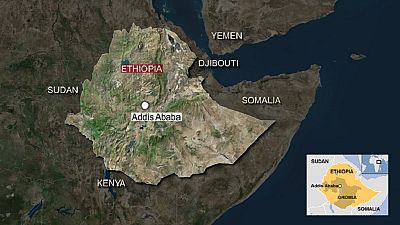

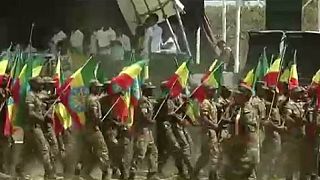
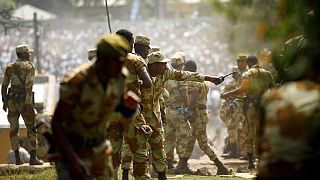


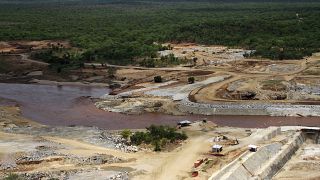
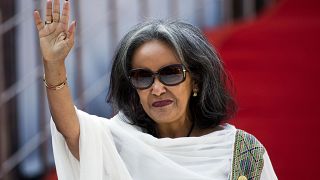



00:58
Somaliland opposition leader wins presidential poll
11:07
Botswana's new government races to diversify its economy {Business Africa}
01:03
Ukraine: one person killed and 35 injured in Russian attack
01:51
Meet the churches welcoming migrants across the world and championing diversity
Go to video
Ethiopian runner Yomif Kejelcha breaks men's half-marathon world record
00:41
Ethiopian PM Abiy Ahmed meets Putin at BRICS Summit, pushes for stronger trade ties